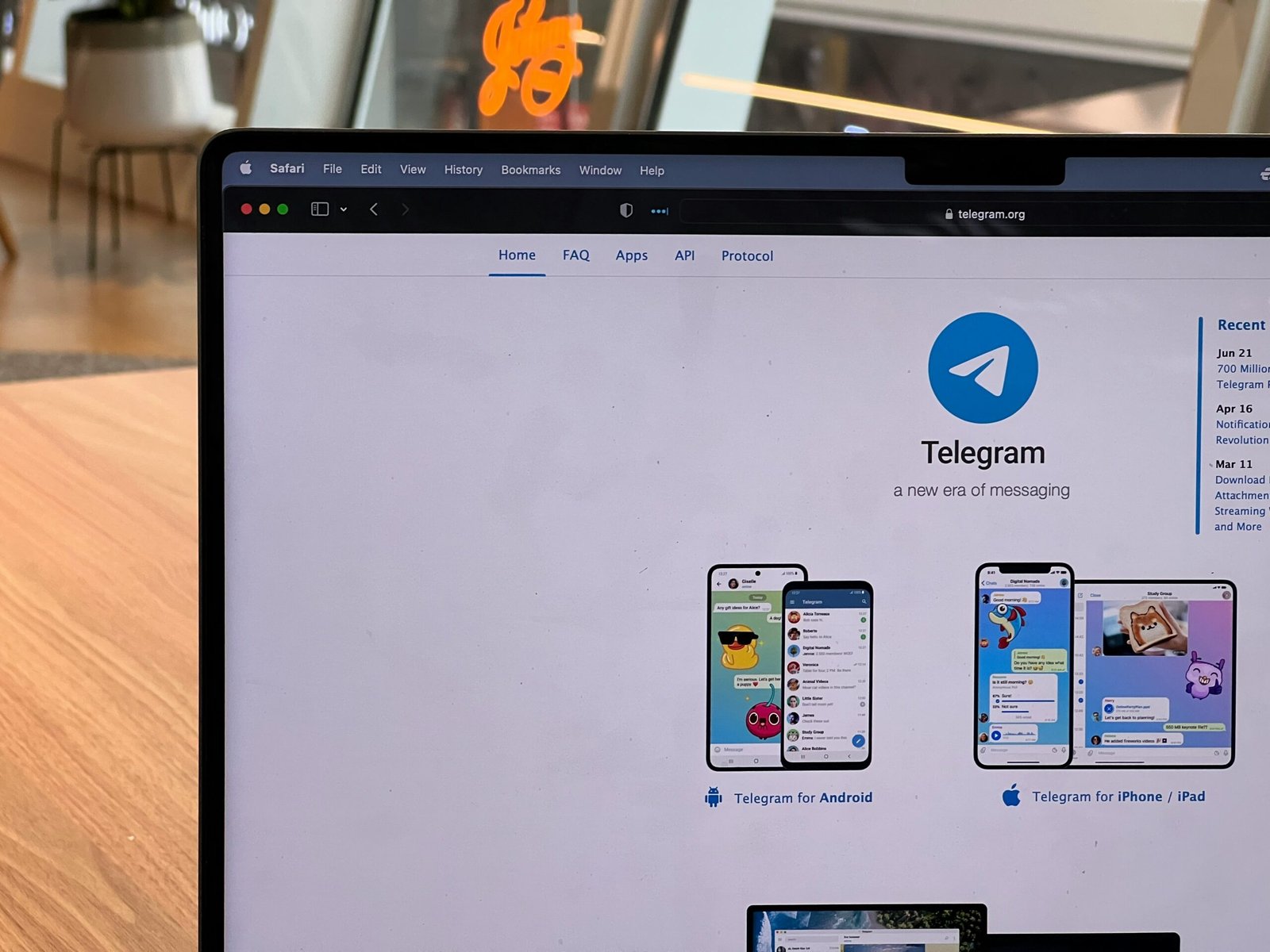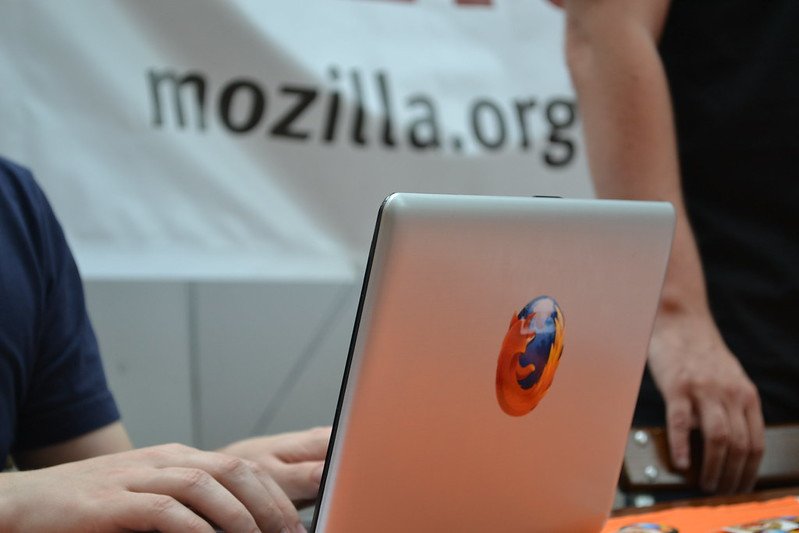A recent breach has exposed the personal information of over 3,000 U.S. congressional staffers on the dark web. This of course raises serious concerns about the security practices within government institutions, especially now approaching the elections.
The discovery, made by internet security firms Proton and Constella Intelligence, revealed that approximately 3,191 members had sensitive data compromised. This data includes passwords, IP addresses, and social media information, all of which are now accessible to threat actors.
A recent study by Proton, in collaboration with Constella Intelligence, reveals that the personal data of thousands of US politicians has been leaked on the dark web.
Find out exactly how serious a breach like this is in the thread below.
— Proton @ProtonPrivacy
Alarmingly, that’s nearly one in five that had their personal information exposed, with some individuals affected across multiple data breaches.
The origins of these breaches are varied, ranging from social media platforms, dating apps, and adult websites. The common thread, however, is the misuse of official email addresses for personal accounts on third-party services. Services that were later compromised.
Eamonn Maguire, Proton’s head of account security, highlighted:
“The volume of exposed accounts among U.S. political staffers is alarming, and the potential consequences of compromised accounts could be severe. Vigilance and strict security measures are essential to safeguard personal and national security.”
Proton has announced plans to release additional findings in the coming weeks.
However, this incident is not isolated. In June, Proton and Constella Intelligence conducted a joint investigation that uncovered the personal information of hundreds of British and EU politicians available on dark web marketplaces. As with now, the data included email addresses, passwords, birth dates, and other sensitive details of 918 British MPs, European Parliament members, and French deputies and senators.
The root cause of these leaks appears to be poor security habits, particularly the use of official emails for personal accounts and the reuse of passwords across multiple platforms.
Opinion
As threat actors become more sophisticated, many internet users are unknowingly neglecting their cybersecurity hygiene.







